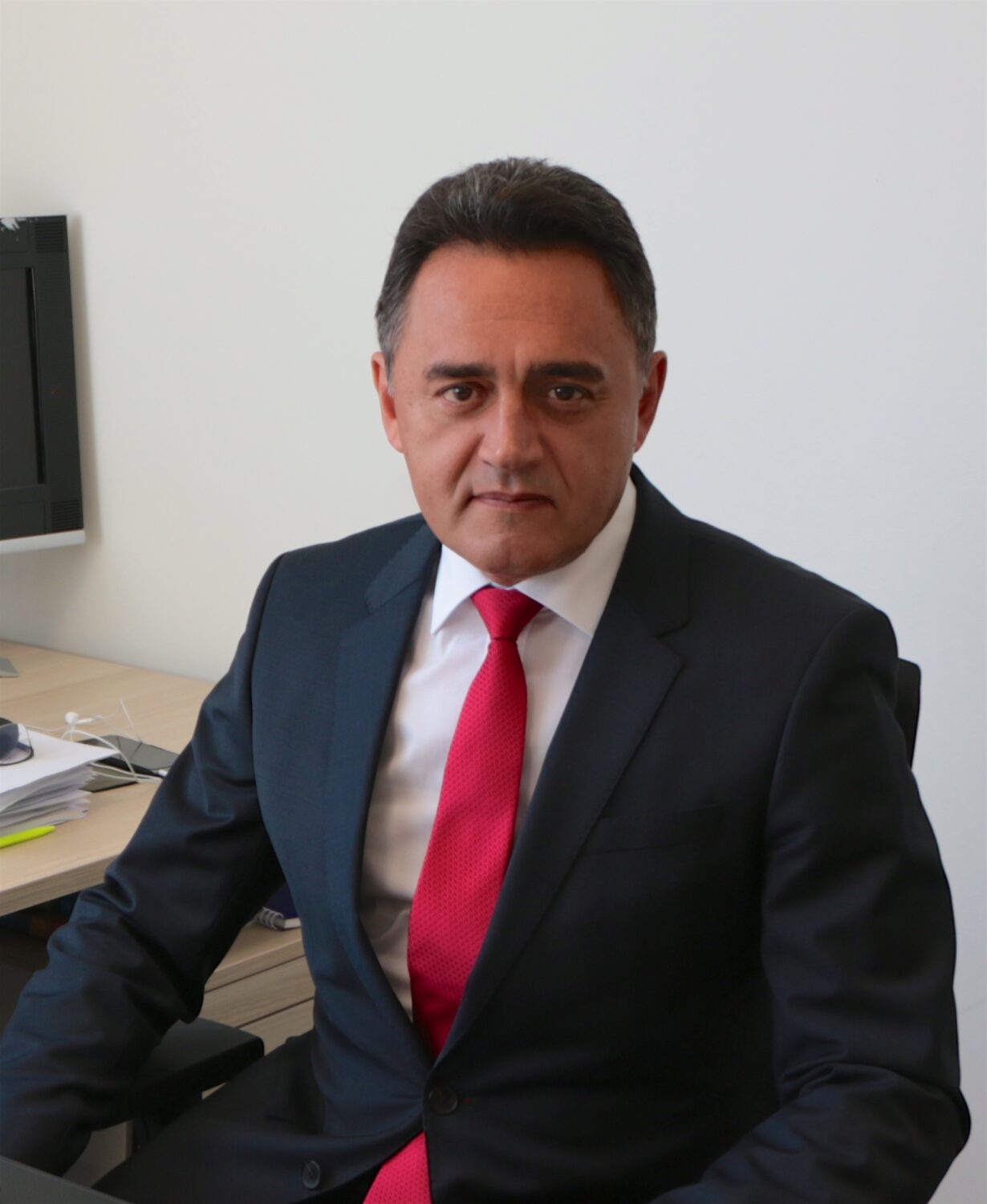When the unthinkable occurs; earthquakes, conflict and natural disasters, often a global effort is
required to come to the aid of those at the centre of such circumstances. International aid
organisations provide the means for global communities to pull together to care for people and
communities in the aftermath of tragedy.
Whilst many of us might donate readily to such causes, little thought is given to how our support is
translated into action. Simon Missiri, Director of Global Humanitarian Services and Supply Chain
Management for International Federation of Red Cross and Red Crescent Societies (IFRC) and IMPM
alumnus makes it his mission to ensure global aid efforts are not made in vain.
Simon has had a remarkable career dedicated to humanitarian work. His diverse background and
evolving roles have shaped his unique perspective on the importance of supply chain management
in delivering aid to vulnerable populations.
Simon’s journey into the humanitarian field began with curiosity. He embarked on his first mission to
Sudan in 1987, which opened his eyes to the world of international aid. Since then, Simon has held
various positions within International Federation of Red Cross and Red Crescent Societies (IFRC),
ranging from Finance Manager to Regional Director for Africa, Europe, and Asia Pacific. Currently, he
serves as the Director of Global Humanitarian Services and Supply Chain Management, where he
oversees the critical task of ensuring the efficient and timely delivery of aid during emergencies. His
role involves managing a global team, optimising supply chains, coordinating with Red Cross and Red
Crescent Societies worldwide, and mobilising responses to crises.
Key to Simon’s work is the ability to effectively collaborate with Red Cross and Red Crescent
Societies in different countries. Their dedicated staff and volunteers form the “underlining machine”
of IFRC’s operations on the ground, as while IFRC supports and coordinates responses, it is the local
societies that provide direct assistance and implement relief efforts.
Supply chain management plays a vital role in humanitarian response, serving as the backbone of
aid. Simon emphasises that when disasters strike, vulnerable populations require immediate access
to essential resources such as shelter food, and water. Simon’s role involves mobilising resources,
establishing supply lines, and ensuring effective coordination with national societies to maximise the
impact of humanitarian interventions.
Supply chain management, in humanitarian contexts, faces challenges similar to those in other
industries, such as disruptions in transportation, rising costs and shortages of essential items.
Additionally, managing unforeseen events presents a unique set of difficulties; examples like the war
in Ukraine and the global COVID-19 pandemic, have demonstrated the demand for adaptive and
innovative approaches to getting vital resources to places and people in need. To overcome these
challenges requires meticulous planning and risk management.
Navigating an unpredictable global landscape, and relationships with a global team required more
than having the right intensions at heart. Whilst Simon’s decision to undertake the IMPM was driven
by the initiative of the Secretary General and the organisation’s belief in investing in leadership
development, his motivation stemmed from a desire to enhance his leadership skills, broaden his perspective, and learn from renowned professors and fellow professionals in order to be more effective in his own work.
The IMPM offered a unique opportunity to explore new ideas and approaches, challenge traditional mindsets, and develop a more holistic understanding of management in a global context.
Simon’s experience in the IMPM led him to three significant realisations: the importance of
harmonizing diverse perspectives, the need for a holistic leadership approach, and the drive to
create a lasting impact.
The first takeaway, influenced by Henry Mintzberg, centres around the recognition that the most
fruitful opportunities often lie between worlds. Whether it involves bridging borders between
nations or finding consensus between contrasting ideas, Simon learned the significance of
harmonizing different experiences and embracing the lessons learned from the Worldly mindset.
The second key lesson underscores the value of integrating diverse viewpoints and skillsets,
acknowledging that effective leadership extends beyond conventional management techniques.
Simon observed how embracing diverse ideas and considering various perspectives contributes to
the success of international aid operations, especially within the IFRC, a global humanitarian
organisation that operates in diverse contexts. This understanding enables Simon to cultivate a well-
rounded and adaptable leadership approach.
Finally, Simon’s motivation is driven by the desire to leave a tangible and enduring impact.
Throughout the IMPM, discussions on the importance of our professional footprints resonated with
Simon, inspiring him to develop the digital infrastructure for the IFRC. By doing so, Simon aims to
ensure that international aid remains responsive to new ideas, technologies, and resources, enabling
the organization to reach those in need more effectively and establish a lasting legacy for future
generations.
Supply chain management serves as the backbone of aid delivery during crises, and its leadership is
the brain. Prioritising the long-term needs of affected communities, Simon’s leadership approach,
honed through the IMPM programme, embraces inclusivity, collaboration, and the integration of
diverse ideas.
“I was expecting to have some fantastic opportunities to network with the IMPM, and I did, but most
impactful to me personally was the lessons I gained in reflection. Now, an important part of my day
is when I stop and think to myself: what kind of leader am I? I am a better manager without a
doubt.”
